This is an archived article that was published on sltrib.com in 2015, and information in the article may be outdated. It is provided only for personal research purposes and may not be reprinted.
1. You reap what you sow
If you plant a sunflower seed and expect a watermelon to grow you will be disappointed. Seems logical right? The problem is that all of us, including our youth, make decisions and choices without understanding the law of the harvest. We believe that the result will be different than the historic outcome. Students do this all the time. They don't prepare for a test and when the results come back they are surprised. "How did this happen?" they ask. On the farm we learn that to raise something takes time. A seed planted doesn't bear fruit overnight and the outcome or harvest can be determined by the seeds planted and the energy put into the nurturing of the seed. This life lesson is difficult to teach in a classroom. In life it is easy to blame our harvest or outcome on external sources: parents, neighborhood, etc. All the while, we aren't planting the seeds of the fruits we desire. We allow the past or our surroundings to dictate the seeds we plant daily. What would the farm look like if we took this same approach? When we plant the seeds we desire to harvest on the farm and pull the weeds, we experience the principle "you reap what you sow" at work in our lives. It becomes real and not just a simple lesson taught by an adult in the front of the classroom.
2. Finding joy in their labors
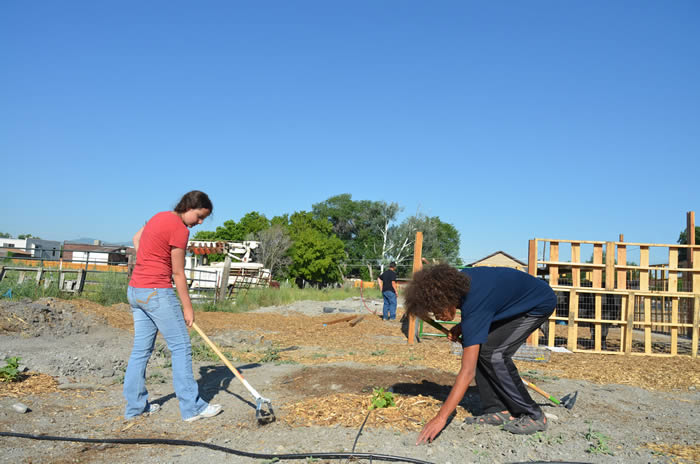
Finding joy in labor is one of the greatest benefits of being on a farm. Over time, a student begins to notice the difference their personal farm labor makes and, when they do, there is joy in that labor. They see that without their work, the farm and community would suffer. They learn first hand what it feels like to harvest after a long laborious season and taste the fruit of their hard work. This experience brings joy lost to most of our plugged in students of today.
3. Connection and adapting to the natural world
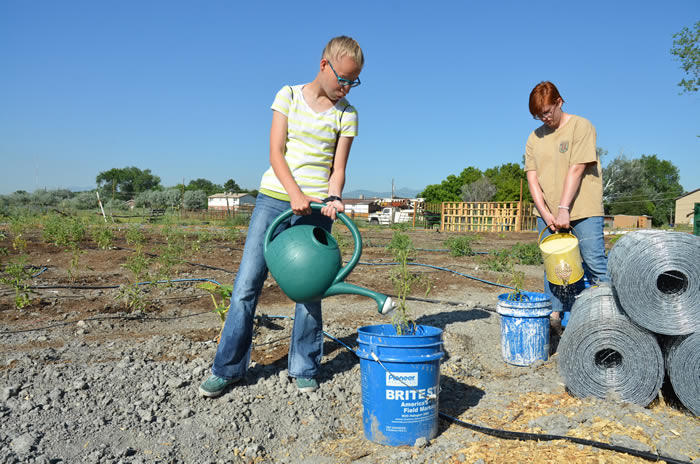
Sometimes you have plans to accomplish big things, and it rains. Or you have big plans that involve the rain and it doesn't come. You can't change the weather and the seasons wait for no one. This concept of being beholden to factors outside of your control teaches lessons that cannot be fabricated in a traditional school. The farm connects students to the natural world around them in authentic, hands-on ways. Students pay attention to the weather because the weather matters to them. They watch for the changing of seasons because it means something in their daily school experience. Being on a farm helps them learn to look forward to spring and the time they will spend outside planting. It helps them learn to appreciate the heat that comes in the summer as the sun's rays feed their plants. They learn to look forward to the first frost of the fall because it gives them a break from their time of harvest. They learn to watch the winter snow fall in anticipation of the yearly water situation and look forward to the freezing weather that puts them back inside analyzing the results of their closed season of farming.
4. Teamwork
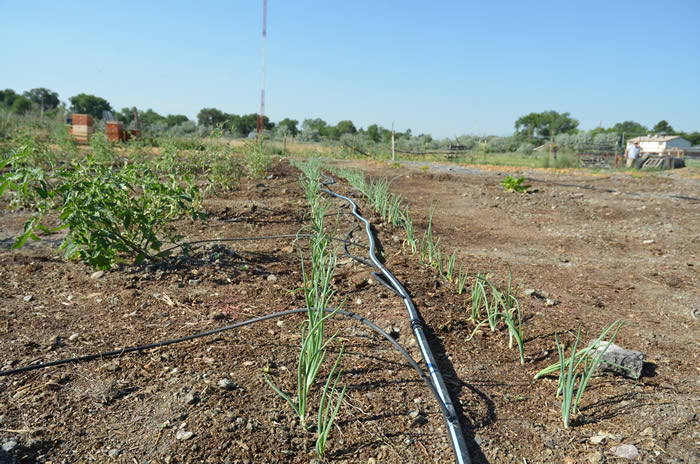
On a farm, a group of ten people make the work go quicker. A student that learns to rally his fellow students and get them to work together as a team lightens his load and the load of everyone involved. On a farm students will experience, in an authentic real world setting, the cost and benefits of working with others. They form a sense of teamwork and camaraderie not to be experienced in a traditional school classroom. Students who work together in meaningful tasks rely on one another and bolster one another in ways that reduce and extinguish barriers and divisions that lead to negative behaviors such as bullying or hazing.
5. Increased recall and retention
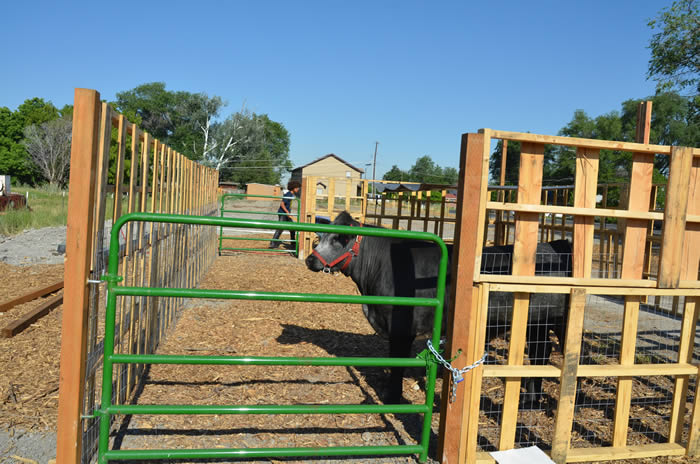
A great way to increase recall and retention is to constantly allow the students to experience something new and unfamiliar. These new and exciting experiences release dopamine into the hippocampus where memories are created. Moving the classroom to the farm introduces students to a world of new and unforeseen stimuli for the senses that implant in their memory the principles and concepts that they were taught in the classroom. This tactile learning is retained at a higher rate than the indoor exercises.
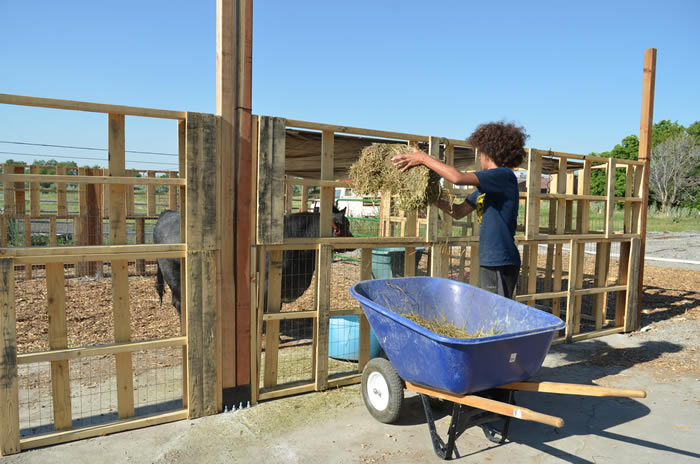
Roots Charter High School, located in West Valley City, is the first school in Utah to be able to incorporate these types of life lessons while giving kids an authentic learning experience and education that they need in High School. At Roots Charter High School, we believe that a farm is the best place to educate our youth and teach them the importance of planting seeds. Especially the seeds of choice, action, energy and connection and that each of us must develop utility, purpose and character to reach our possibility.

